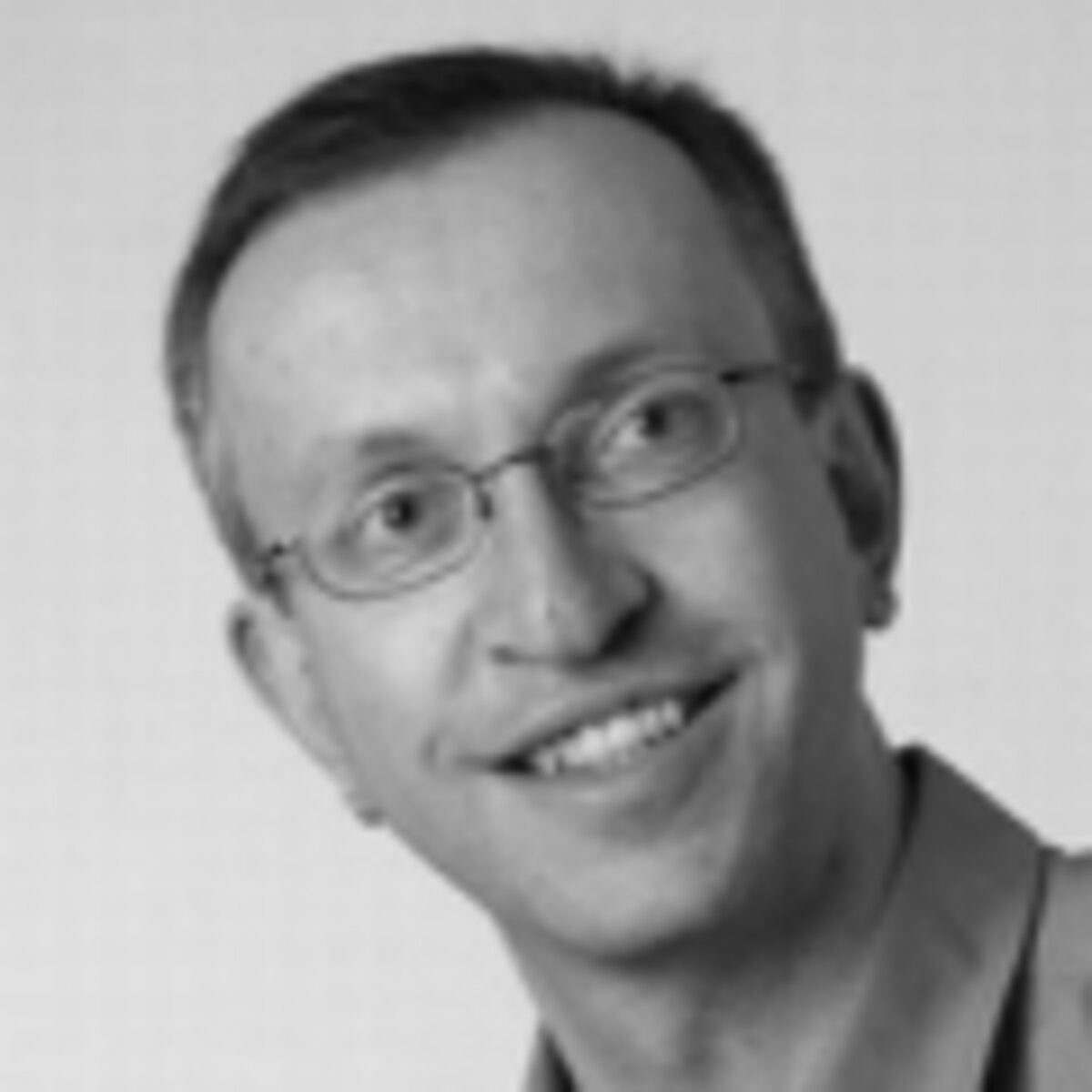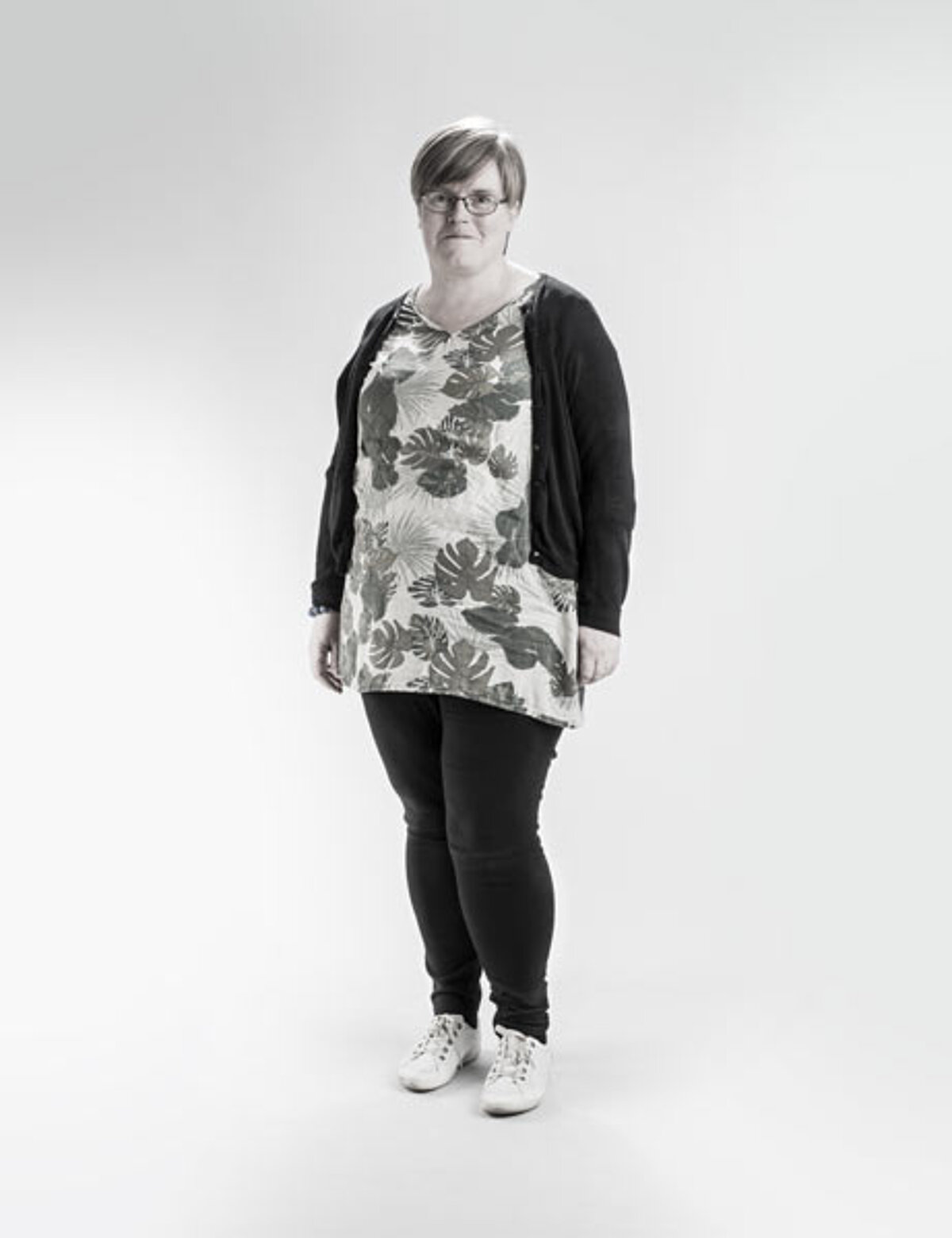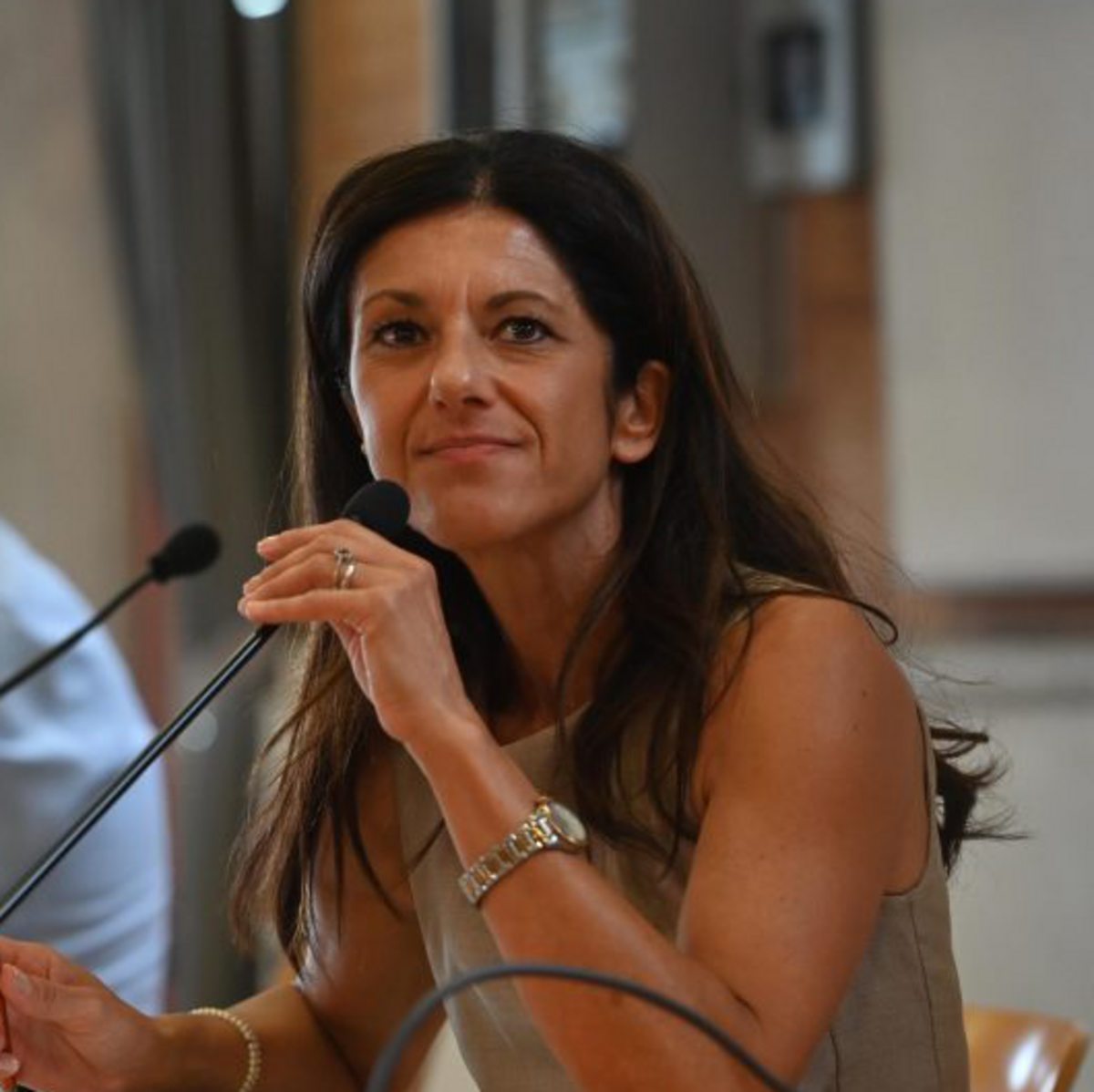The new 2023 program of the International Network of Universities in Technical Communication

Digitalisation in technical communication - what else is new? Many effects of digitalisation on technical communicators, their skills and competencies are widely understood. But something else is new: Digitalised processes require new ways of working from technical communicators: - Agile workflows with incremental developments and continuous delivery require technical communicators to constantly align the scope of their content and deliveries. - Personalised, self-selected content consumption challenges the reliability of personas and pre-identified target groups. - Documentation for APIs and services expands the scope, the audience, and the stakeholders to include new segments, such as engineers, service operators, and even legal experts. For technical communicators, these developments mean they have to collaborate more closely with a wider variety of stakeholders. And they deliver more diverse content through more channels in shorter release cycles. To be successful, they need a new set of soft skills to leverage their competencies. This session will be an interactive conversation for teachers and students: A brief overview of the new ways of working will set the scene. For the main part, we will share experiences and expectations how technical communication can prepare for these challenges.
Kai Weber is Lead Technical Writer for asset management software. He's been building and leading successful distributed technical writing teams in agile organisations. He helps corporations design and implement documentation multi-channel strategies for products, services, and APIs. Kai supports tekom as a member of the conference board and of the working group for education and training.

AI in academia: balancing benefits and challenges The development of artificial intelligence has taken massive strides recently, resulting in a variety of easy-to-use applications that are commonly available. In this presentation, I will discuss two AI applications: ChatGPT and DeepL. ChatGPT, as the name suggests, is a conversational interface that allows users to ask questions about any topic, to create content – including academic content – and to refine business or research ideas. DeepL is a neural machine translation service which calls itself “the world’s most accurate translator”. I will discuss the applications from the viewpoint of higher education, and show examples of how I have used them in my work as a senior lecturer. I will also present the AI guidelines recently drawn up in the School of Business and Economics at the University of Jyväskylä. Jenni Virtaluoto is a Senior Lecturer in technical communication at the University of Jyväskylä, Finland. She received her PhD in English/technical communication from the University of Oulu, Finland, in 2015. She also has 15 years of practical experience in technical communication. Her research interests include minimalism in technical communication, meaningfulness in the work of language graduates, and cognitive accessibility. She is the Vice Chair of the Finnish Technical Communication Society STVY. Sissi Closs, professor of Information and Media technology at the Karlsruhe University of Applied Sciences and CEO of C-Topic Consulting, is one of the leading German experts in the field of Technical Communication. She is an internationally well-known lecturer and consultant for content management and information architecture. Sissi Closs has defined the class concept method® for developing flexible frameworks for topic and link classes. As a specialist in topic-based structuring, she belongs to the DITA pioneers. She is also the author of a number of books about Single Source Publishing, Topic-based Structuring, DITA, and Mobile Documentation. Sissi closs is a member of the tekom Beirat Recht und Normen and the ISO WG2 working group which is responsible for the new versions of the 2651x standards.
Birgit Fuhrmann is the operational head of the research and work area of Technical Communication at ZHAW Applied Linguistics in Winterthur and is dedicated to research and teaching in the field of Technical Communication, applying her diverse experience from practice and science for creating benefits in this field. She has been partly responsible for the implementation of the new curriculum of the bachelor’s degree program for the specialization Technical Communication & Information Design. She teaches the modules “Project management in Technical Documentation” and “Legislative and normative aspects” to the students of the specialization. BACHELOR’S DEGREE IN MULTILINGUAL COMMUNICATION: INTRODUCTION OF THE NEW CURRICULUM OF THE SPECIALISATION TECHNICAL COMMUNICATION & INFORMATION DESIGN In the upcoming autumn semester of 2023 the ZHAW Applied Linguistics has revised the curricula of their bachelor’s degree program Multilingual Communication comprising a renaming of the program and the three specializations as well as some minor and major changes in the modules and contents of the curricula. Birgit Fuhrmann will present the changes for one of the three specializations, Technical Communication & Information Design. The aim was to adapt the curriculum to changes in the professional field of Technical Communication and to broaden the fields of application allowing to prepare the students for the new challenges they will be facing in the future.
Dominik Strauß and Heike Saam-Mourton would like to introduce SAP as an employer of technical writers around the world, highlight the typical everyday tasks of user assistance developers, and shed light on what is required and expected of applicants. What skills should graduates be able to bring to the company, and what will they learn here? Join the session and find out. Bio Dominik: Dominik Strauß is a User Assistance Expert and works in the central user assistance team at SAP. Throughout his 8-year career at the company, he’s worked on a range of different tasks: from translation and translation support to event management, communications, and recruiting. While his jobs changed, the focus on language quality has always remained at the core of his work. Bio Heike: Heike Saam-Mourton is a User Assistance Development Architect who has been with SAP for many years. Like Dominik, she started as a translator, then moved into technical writing and editing, and later joined the central user assistance team where she’s been mainly dealing with quality topics such as developmental editing, documentation validation, and recruiting.

T4TEC (“Terminology for Technical Efficient Communication”) is a recently designed software to support the technical communication process in an interactive way. This talk will focus on the description of the main features of this project launched in 2022 in collaboration between the University of Padua (in particular, the Department of Linguistics and Literary Studies and the Department of Information Engineering) and the Italian Association for Technical Communication COM&TEC. We will illustrate 1) the automation of the rules of three controlled natural languages (Simplified Technical English, Français Rationalisé, and Italiano Tecnico Semplificato) and 2) the integration of a multilingual terminology management system in order to support technical writing and specialized translation processes. Federica Vezzani is assistant professor – RTDa – at the Department of Linguistics and Literary Studies of the University of Padua. Her main research interests are: Terminology, Terminography and Specialized Translation. In particular, she focuses on the management of multilingual terminology according to ISO standard for terminology, and she has developed the FAIR terminology paradigm for the optimal organization of findable, accessible, interoperable and reusable terminological data. She has been the recipient of a Marie Skłodowska-Curie Actions (MSCA) Individual Fellowships (IF) grant and author of the book “Terminologie numérique : conception, représentation et gestion” published by Peter Lang publisher in 2022. Giorgio Maria Di Nunzio is Associate Professor at the Department of Information Engineering of University of Padua. His main research interests are: Interactive Machine Learning, Medical Information Retrieval, Open Data Science. He is currently Member of the Technical Scientific Committee and Representative of the University of Padua Digital Library and the Open Science initiative of the University of Padua Library System. He is currently co-editor in chief of the journal Umanistica Digitale and Associate Editor for four top international journals. He has been the Secretary of the Associazione per l’Informatica Umanistica e la Cultura Digitale (AIUCD) from 2018 until 2020. Tiziana Sicilia is President of COM&TEC, Chairperson of tekom Europe, Sole Director of COMtecnica S.R.L., Owner of TESOM.Moreover, Tiziana is Member of the GAV (Accreditation and Evaluation Group) of the University of Padua and of the Steering Committee of the University of Cagliari, Technical Consultant for the Court and Member of the Council of the Chamber of Commerce Industry, Crafts and Agriculture of Pistoia and Prato and contributes to national and international standardization working groups. Recently Tiziana took part in the working group for the realization of the Italian standard on the Professional Communicator. For more than 30 years Tiziana has been working in the field of technical documentation, communication and translation and localization for organizations mainly in the mechanical, electronic, Oil&Gas and energy sectors. Tiziana conducts studies for the optimization and simplification of multilingual translation processes and research for the development of new tools and methods. As President of COM&TEC and tekom Europe, together with other European and Trade associations and in collaboration with Technical Institutes and Universities, Tiziana carries on significant projects aimed at recognizing the profile of the Technical Communicator, runs projects aimed at raising the awareness of organizations and institutions on the importance of Technical Communication and Documentation and of the competences and skills currently required by the market.
Indispensable Translators and Technical Writers: Legal Compliance – Product Safety – Imagebuilding Companies and administrations use AI based machines like chatbots and automated machine translation as part of their mono- and multilingual communication with customers or citizens. Yet, as shown by empirical investigations companies and administrations inherently depend on technical writers' and specialized translators' competences. Alexander Holste is a research associate (University of Duisburg-Essen) focusing on knowledge communication. He models Automated Knowledge Communication (habilitation thesis). The German Association for Applied Linguistics awarded the price “Professional Communication“ (2021/22) to his doctoral thesis on the topic of semiotic efficiency. He worked as a technical writer (Deutsche Bahn/German Railways), and currently assists tendering authorities (State of North Rhine-Westphalia). www.alexander-holste.de/EN/
